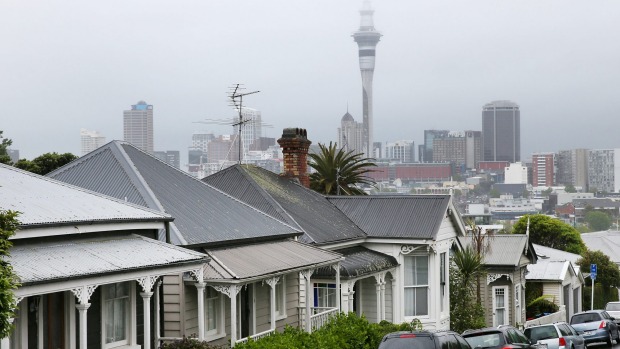Where is the Auckland housing market heading in 2017?
-
21st Oct, 2016

Auckland Housing Market – Is It Changing?
With interest rates still at historical low levels and record net immigration of 70,000 this year it is hard to believe that the housing market in the City of Sails is nearing the end of it’s cyclical Bull market.
Since the last cyclical pick peak in mid-2007, Auckland house prices have increased by a staggering 80%. It was the Global Financial Crisis (GFC) that put an end to the party of free credit infused housing bubble.
It has been almost 10 years since the last downturn, and historical data on house price inflation movements, points out that we are due for a slowdown in house price appreciation. I do not think that the Reserve Bank of New Zealand is timing this matter with stop watch precision, but the gradual introduction of the wide reaching macro-prudential tools are definitely starting to make an impact, especially in lower socioeconomic areas like South and parts of West Auckland.
In 2015 the RBNZ introduced the requirement for non-residents to provide a New Zealand IRD number and to have a New Zealand bank account.
In October 2016 the RBNZ then went on to introduce a nationwide 60% loan-to-value ratio (LVR) restriction for investors purchasing property with a mortgage.
These two restrictions are already taking their toll on property investors and affecting Auction clearance rates.
Another Speed bump
Now, the imminent introduction of debt-to-income (DTI) ratio could also be a game changer!
It is possible that the RBNZ have kept the worst for last, this tool, the debt to income restriction is most likely the Joker that the RBNZ will be using for cooling the housing market nationally and attempting to drive investors away from Real Estate.
The New Zealand Government is concerned about the decline in savings and rising household debt, particularly in Auckland.
In September 2016, the average Auckland house price was $800,00. At 3.5 times the DTI limit, a family earning a combined $100,000 per year could borrow $350,000. That’s equivalent to 42% of the average Auckland house price.
It is still unknown if the DTI restrictions would be applicable to all property buyers, including home buyers, or only property investors.While Auckland property prices keep accelerating upwards in 2016, it is likely that Auckland housing market in 2017 and 2018 we will see more moderate growth, well below the double digit capital appreciation of the previous 3 years.
In general, unless the New Zealand economy suffers from another global financial or political crisis, it is unlikely that Auckland house prices will tumble this year or in the first half of 2017. It is more likely that Auckland will experience slower more moderate growth followed by a flat period of no growth once supply of houses increases.
If you are considering selling your home or investment property feel free to contact our friendly team for a free no obligation consultation.
If You Want To Sell Us Your Property
SUBMIT YOUR DETAILS NOW

